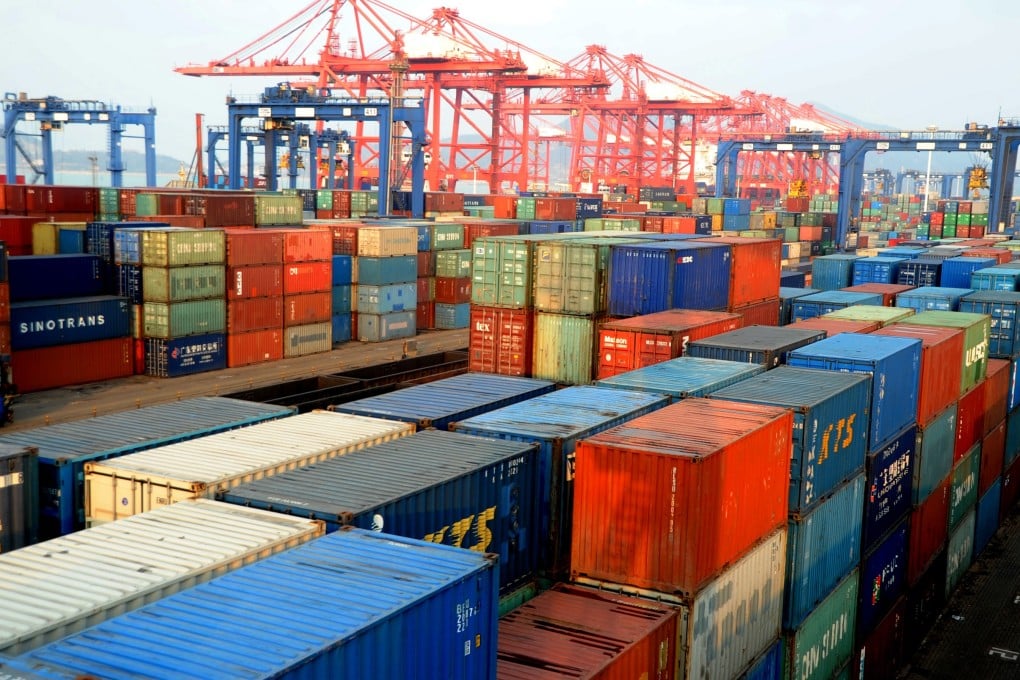China would not fall foul of US proposal to penalise currency manipulators, analysts say
- US President Donald Trump seeking to penalise countries that allow their currency to fall against the US dollar to offset the impact of new US trade sanctions
- The yuan has fallen about 8 per cent against the US dollar since the trade war started in July last year, but China does not meet the current criteria to be labelled a currency manipulator

China is unlikely to be too concerned over a proposal from the United States to impose tariffs on products from countries that it finds are manipulating their currencies, analysts said.
While the proposal announced last week does not name China or any other country, its timing suggests that it is aimed at Beijing and the possibility that it could allow its currency to fall against the US dollar to offset the impact of new US trade sanctions.
Under the proposed rule, so-called countervailing duties could be imposed when foreign governments “subsidise” their products by weakening its currency relative to the US dollar to gain competitive advantage, according to the US Commerce Department.
The Office of the US Trade Representative has made it clear it wants to include currency manipulation clauses in new free trade agreements, like it did with the recently negotiated US-Mexico-Canada Agreement that replaces the North American Free Trade agreement.
But analysts said such currency conditions would be an ineffective policy trade tool for the US to use against China. Beijing does not meet the US Treasury’s current criteria for manipulating the value of the yuan’s exchange rate, so it would not be penalised under the new proposal.